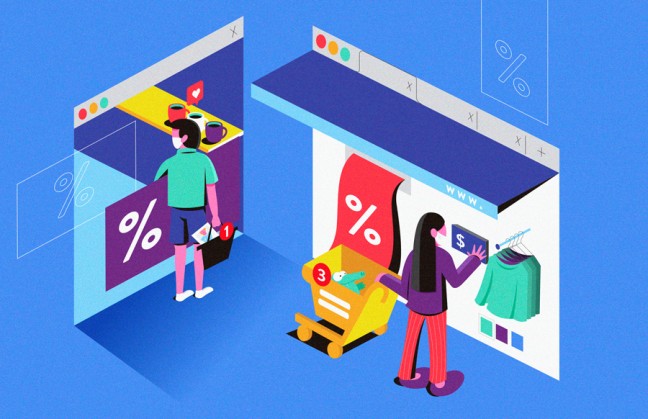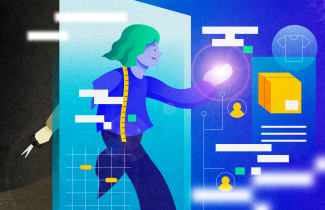Customer-centric Propositions for Online Retailers
Online strategies of retailers with unified customer experiences during the pandemic and business shutdown has provided extensive online retail space

The global pandemic of Covid-19 has significantly affected business in the brick-and-mortar stores in Mexico since March 2020 due to movement restrictions and business shutdown. This situation has motivated most customers to lean towards buying products and services from the online retail outlets.
In order to understand shopper perception to potential retail technologies that are looming in the scenario of business shutdown, we conducted a study in 6 online retail stores with the online survey of 342 buyers in Mexico.
The results, that will soon be published in a paper, reveal that as customers found higher ease of use of online shopping, they perceived higher usefulness of online retailing technology; and that the perceived high quality of retailing website positively influences impulsive buying behavior of customers.
Motivation for this study has been derived from three theories- Interactive Learning Theory (digital learning interface), Technology Acceptance Theory (model), and Theory of Planned Behavior. This research offers important insights for managers working in the retailing industries.
Improving retailing websites
Online strategies of retailers with unified customer experiences during the pandemic and business shutdown has provided extensive online retail space. Websites of virtual stores with comprehensive product information and user-friendly technology have developed virtual stores look-alike physical venues. Managers of virtual retail stores need to build their business on customer-centric propositions, encourage 3D visions of products, develop ‘do-it-yourself’ kiosks with augmented reality technology, and enhance the value-based online business model.
Online retailers need to prioritize developing an easy to navigate, quality website with comprehensive product information and instant messaging facilities over the sales promotion strategies. Most retailers, who tend to attract customers with low prices, work with basic layout of website, which fails to create customer value.
Therefore, virtual retailers need to invest intensively on web designing to develop effective layouts for product displays, value added retailing services, and online product advertising and demonstrations to attract potential shoppers. Retailing websites should be powered by real-time computing tools for price comparisons and user experiences to motivate customers and prevent them from switching to alternate shopping outlets.
Coupon promotions and social media
The study observed that increase in coupon promotions has positively enhanced the perceived buying impulsiveness of consumers in online stores; and the perceived usefulness of online redemption of coupons has positively benefited the attitude of customers towards buying.
The social media has played an instrumental role in attracting customers to online shopping, and interactions with peers before or during on-line shopping has positively influenced the buying decision of customers.
Highlights of this research
- This study is based on measuring the perceived usefulness of retailing technology among consumers in Mexico in the context of online shopping behavior during the business shutdown due to Covid-19 pandemic.
- This study has been conducted in 6 online retail stores with the online survey of 342 buyers in Mexico. The online retail stores under study included Mercado Libre, Amazon Mexico, Walmart, Coppel, Liverpool, and Sam’s Club.
- The results of the study show that the perceived high quality of retailing website positively influences impulsive buying behavior of customers.
- The results of this study reveal that as customers find higher ease of use of online shopping, they perceive higher usefulness of retailing technology for online shopping.



